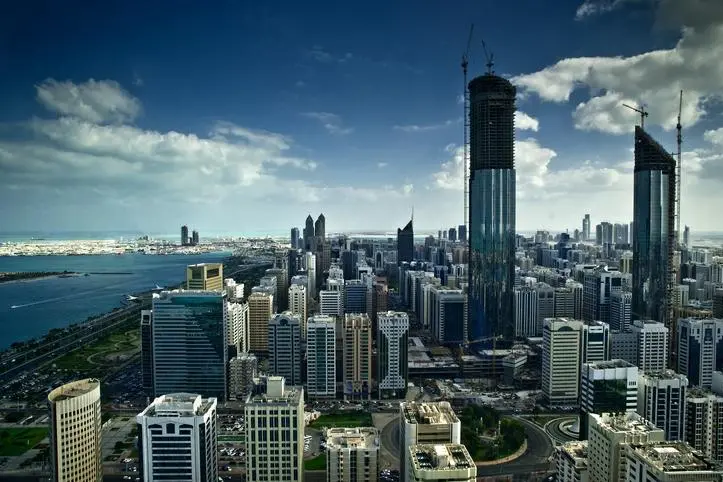PHOTO
The prolonged decline in house prices and rents in Abu Dhabi appears to have slowed down, and the property market is showing signs bottoming out, global real estate services firm, Chestertons said.
The fourth quarter of 2019 saw minimal downward corrections, with sales prices and rents for apartments dropping only 2 percent and 1 percent, respectively, compared to the previous quarter. Sales prices and rents for villas dipped by 1 percent and 2 percent, respectively In the fourth quarter of 2019.
According to Chestertons, the latest figures show that there is now a renewed optimism in the real estate market in Abu Dhabi.
“Going forward, we believe it is unlikely there will be the same prolonged period of price and rental decreases as witnessed over the past five years,” said Chris Hobden, head of strategic consultancy at Chestertons Middle East and North Africa (Mena).
The minimal declines followed a sustained period of falling capital values and declining rents, which have posted double-digit falls since 2014.
According to the report, no price changes were observed in Al Reem Island, Saadiyat Island and Al Raha Gardens, while certain communities, such as Khalifa City and Al Reef, registered 1 percent decline in property prices in December.
Within the apartment segment, the biggest sales price decline was reported in Al Reef, where residential units cost 765 UAE dirhams per square foot, down 4 percent from 797 UAE dirhams per square foot in the third quarter. Still, today’s average apartment price in Abu Dhabi is 10 percent cheaper compared to the 2018 rates.
As for rental rates, Chestertons said the quarterly decline was also marginal, at 1 percent for apartments and 2 percent for villas. A year-on-year comparison, however, would show that the apartment rents in December 2019 were 10 percent cheaper compared to the same period in 2018.
A source, however, noted that there’s no clear indication yet that the property market in Abu Dhabi is indeed bottoming out despite some locations registering minimal price dips.
“As per our research, there’s no indication that Abu Dhabi citywide prices or rents are slowing down or bottoming out, even though some locations had asking rents increase marginally,” the source told Zawya.
According to Chestertons’ report, there has been a “marked shift” in the property market towards affordability and competitive pricing.
“Developers are now looking at the latest trends, such as co-living and co-working models, as well as offering a range of flexible payment plans to entice investors,” the report said.
It is, therefore, logical to say that the pace at which property values were falling in the last five years is unlikely to continue. “This is a result of favourable supply and demand dynamics, as well as the introduction of a number of radical government reforms,” the report said.
The government has recently rolled out several reforms to boost investor interest in the UAE, such as allowing foreigners to own freehold property in designated zones, introducing long-term residency and tourist visa permits, and new business licenses.
(Writing by Cleofe Maceda; editing by Seban Scaria)
Disclaimer: This article is provided for informational purposes only. The content does not provide tax, legal or investment advice or opinion regarding the suitability, value or profitability of any particular security, portfolio or investment strategy. Read our full disclaimer policy here.
© ZAWYA 2020





















